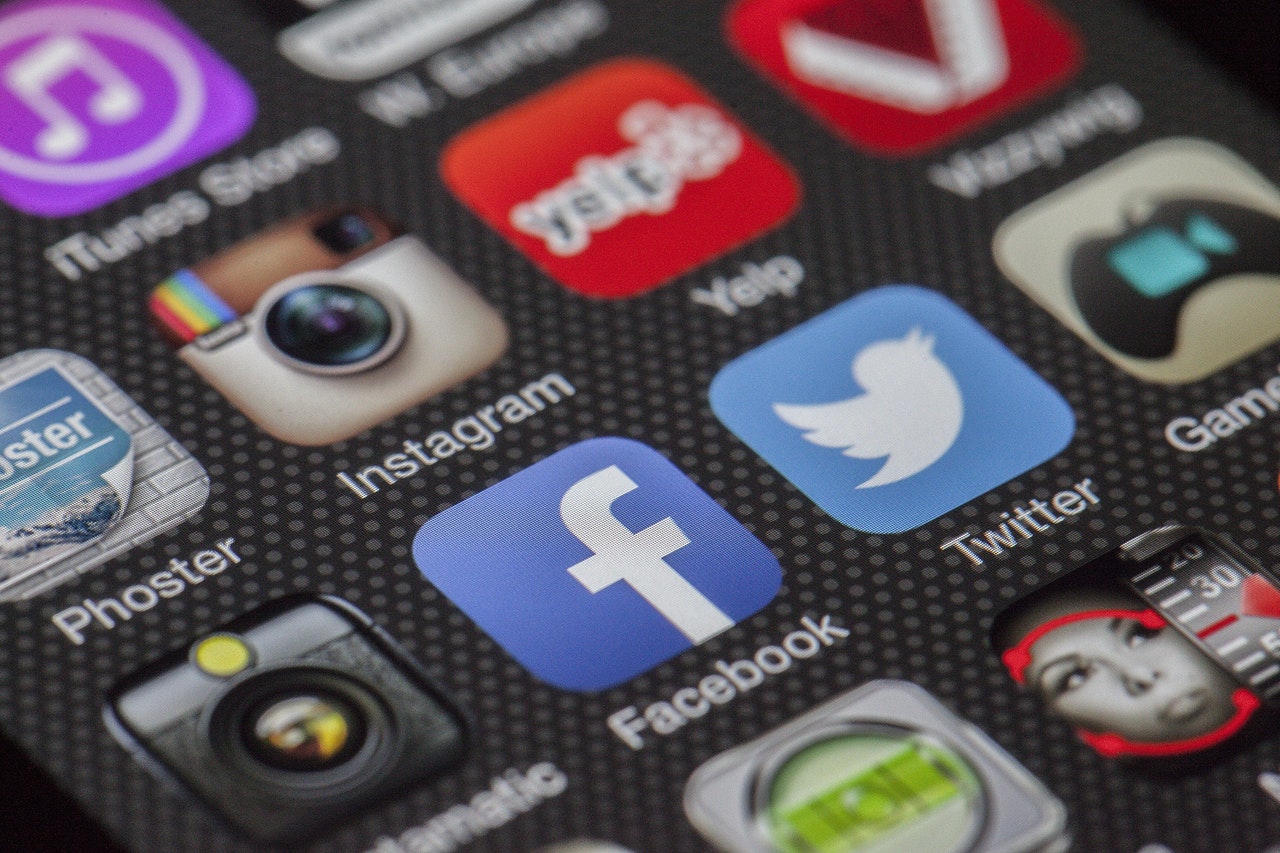Mark Zuckerberg is unlikely to read the comments left on his Facebook pages. However, if he did, it would take him almost 145 days to go through the avalanche of comments left for him after he apologized for the service outage last week.
Following nearly six hours of Facebook, WhatsApp, and Instagram being unavailable, the Facebook creator and CEO commented, “Sorry for the interruption today.” Facebook said the outage was caused by a normal maintenance command that mistakenly unplugged Facebook data centers from the rest of the internet.
Mr. Zuckerberg’s apology received a total of 827,000 responses. The messages varied from the amusing to the perplexing: “It was dreadful, I had to talk to my family,” said one Italian user, to “I took my phone into the repair shop believing it was broken,” wrote someone from Namibia.
And, of course, the agitated and enraged: “Everything cannot be turned off at the same moment. The ramifications are enormous “a Nigerian businessman said on social media. Another Indian company requested compensation for the disturbance to its operations.
If it wasn’t clear before, billions of people have become reliant on these services – not simply for entertainment, but also for crucial communication and business. It’s also evident that this isn’t a one-time occurrence: experts believe that widespread outages are becoming more common and disruptive.
“We’ve observed a growing reliance on a limited number of networks and firms to deliver huge chunks of Internet content in the previous several years,” says Luke Deryckx, Chief Technical Officer at Down Detector. “When one of those, or a combination of them, has a problem, it affects hundreds of thousands of other services,” he explains. For example, Facebook is now used to sign in to a variety of services and devices, including smart televisions.
“And so, you know, we have these internet’snow days’ now,” Mr Deryckx continues. “Something happens, and we all glance at each other, as if to say, ‘Well, what are we going to do?'” Down Detector’s Mr. Deryckx and his colleagues keep an eye on web services and websites for any disruptions.
Widespread disruptions affecting important services, he claims, are becoming more common and catastrophic. “When Facebook has a problem, it has a huge influence not only on the internet, but also on the economy and, well, society.
Millions, if not hundreds of millions, of people are merely waiting for a small group of people in California to solve things. It’s a fascinating phenomenon that has exploded in popularity in recent years.”
During a big outage of services, people are inevitably concerned that the disruption is the consequence of a cyber-attack. Experts say it’s more often than not due to a more basic issue of human mistake, which is exacerbated by the way the internet is held together by a complicated collection of antiquated and fussy technologies, according to them.
Experts joked on Twitter during the Facebook outage that some of the common suspects, or reasons for outage difficulties, are “older than the Spice Girls” and “designed on the back of a napkin.”
“The internet isn’t the large-scale dispersed network that DARPA (the Defense Advanced Research Projects Agency), the original builders of the internet, tried to establish, which could withstand a nuclear-strike on any portion of it,” says internet scientist Professor Bill Buchanan.
“The protocols it employs are essentially the same as those we used to connect to mainframe systems via dumb terminals.” “A single flaw in its underlying architecture can send the entire system crashing down.”
Professor Buchanan believes that while the internet may be made more resilient, many of the basics of the internet are here to stay, for better or worse. “In general, the systems operate, and you can’t just turn particular internet protocols ‘off’ for a day and expect them to be rebuilt,” he explains.
Professor Buchanan believes that rather than attempting to rebuild the internet’s protocols and structure, we should focus on improving the way we store and distribute data, or risk more widespread disruptions in the future.
He claims that the internet has become overly centralized, with too much information coming from a single source.
He says that this trend needs to be reversed in systems with several nodes so that no single failure can prevent a service from functioning.
There is a silver lining to this situation. Although major internet outages have a negative impact on users’ lives and businesses, they can ultimately contribute to strengthen the internet’s and web services’ resilience.
According to Forbes, Facebook lost $66 million (£48.5 million) due to the suspension, or evacuation, of advertisers during the six-hour outage. Senior executives are likely to be focused on preventing similar losses in the future.
According to Mr Deryckx, “they lost a large amount of money on that day, not just in their stock price but in their operational revenues.” “In addition, content delivery networks such as Fastly and Cloudflare have lost a significant number of customers to the competition as a result of outages. As a result, I believe these companies are doing everything possible to keep things online.”

